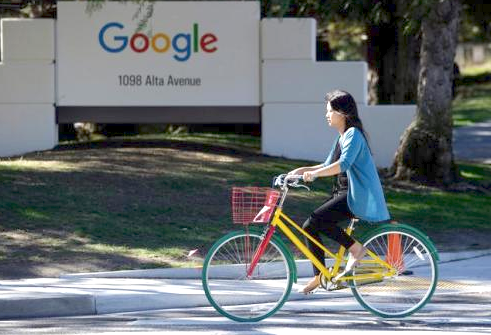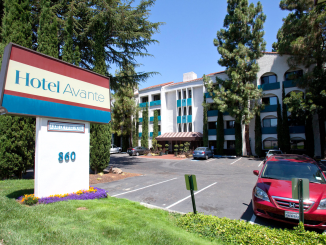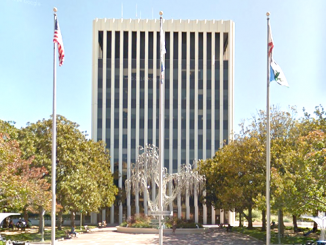
OPINION
BY DAVE PRICE
Daily Post Editor
“Things are not always as they seem; the first appearance deceives many.”
That observation penned by Plato applies to Google’s announcement that it was “investing” $1 billion to deal with the local housing crisis.
Let’s take a closer look at Google’s announcement.
The $1 billion investment breaks down this way — Google will repurpose $750 million of its land for housing and it will provide $250 million for “incentives” to housing developers.
 First, let me deal with the land part of this “investment.”
First, let me deal with the land part of this “investment.”
Google has land all over the mid-Peninsula including at least three parcels in south Palo Alto. The company says it is going to get cities to rezone the land from industrial to housing.
That will require Google to exercise a great deal of pressure on council members and planners who, historically, have been resistant to new housing developments.
But it’s long overdue. Palo Alto, Mountain View and Sunnyvale have hundreds of acres of industrial land that’s under utilized, so this is possible.
Google, the landlord
While Google didn’t say this, I’m betting they won’t be selling this land. They’ll probably enter into longterm (50-year, 100-year) leases with housing developers. That way Google can get an ongoing cash flow from these properties while saying they’re helping solve the housing crisis. If you didn’t think that Mountain View was a company town, just wait until they’re the city’s biggest residential landlord.
It will be revealing to see the terms Google offers these developers. It may well determine if the housing will be affordable or not.
Google has offered no clues about this.
As for the rest of the $1 billion, Google says, “We’ll establish a $250 million investment fund so that we can provide incentives to enable developers to build at least 5,000 affordable housing units across the market.”
The key word in that sentence is “incentives.” That’s because $250 million won’t build 5,000 units on its own.
It will cost between $2 billion and $4 billion to build 5,000 new housing units, given the average cost of a housing unit in the mid-Peninsula ranges between $400,000 and $800,000.
Google’s $250 million would pay somewhere between 12.5% and 16% of the cost of 5,000 new units.
Where will the rest of the money for this housing come from? Banks? Other investors? Taxpayers?
Google, the bank
In Seattle, Microsoft announced in January a $500 million plan to address the housing crisis there, and the company said that $250 million would go for market-rate loans for developers to build low-income housing. Market-rate means it’s the same kind of loan you can get from a bank. It’s possible that the $250 million in “incentives” planned by Google will be old-fashioned, for-profit loans.
In the end, Google’s “investment” may turn out to be exactly that — an investment that yields profits from housing developments and profits from loans.
And this is a company that knows how to turn a profit. Last year, Google had a net income of $30.7 billion on revenues of $136.8 billion.
All of this said, I think any effort to relieve the housing crisis should be welcomed, even if it isn’t as altruistic as Google pretends.
Editor Dave Price’s column appears on Mondays. His email address is [email protected].
Only a fraction of the local news stories covered by the Daily Post appear on this website. To get all the local news, including many stories you can’t find online, pick up the Post every morning at 1,000 Mid-Peninsula locations.



